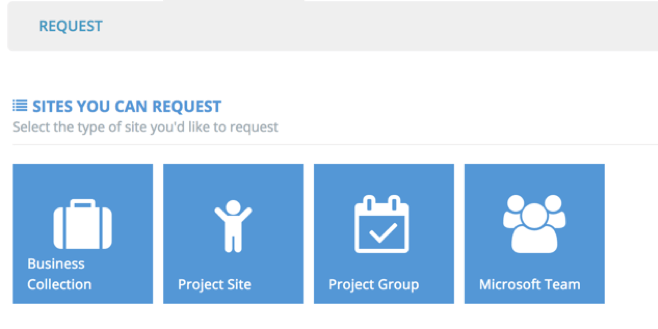No Governance for Microsoft Teams is a failure in IT Leadership

Who is to Blame?
Ultimately, it is the responsibility of IT leadership in every organisation to make sure there is an appropriate Microsoft Teams adoption and governance strategy. Whether the deployment of Microsoft Teams is an IT project or not, the IT leadership should be asking the right questions. Rather than blindly copying the latest technological trends, they should be debating whether or not the organisation is sufficiently prepared for Microsoft Teams.
Improving Governance and Adoption
Unfortunately, there is never a simple answer to governance or adoption for Microsoft Teams, Office 365 and IT more generally. Organisations in different sectors will have different security and compliance requirements. There are also differing levels of maturity amongst the users of software like Microsoft Teams.
When planning the approach to adoption and governance for Microsoft Teams, it is about asking the right questions. These can include
- How will you train your users initially and ongoing?
- Will this training include covering governance?
- What are the different roles in a Team and how will you communicate these roles to users?
- When should a Team be created and who can create them?
- Are there different types of Microsoft Team and how are they classified?
- How will avoid information sprawl and manage lifecycle?
- How will you measure and monitor user adoption?
- What will be the support model for Microsoft Teams?
This list is not exhaustive of all the potential questions on Microsoft Teams governance and adoption. However, this selection of questions should make you rethink about an ungoverned Microsoft Teams deployment.
IT Leadership need to ensure they take the right approach to any Microsoft Teams project. It is essential that the correct project team is put in place to implement Microsoft Teams, including a project manager. There must be a clear objective of the project, with defined success criteria. Experienced external expertise should be sought, to ask the right questions about adoption and governance.

Your first step in the right direction is to think about the appropriate tools required for successful governance and adoption for Microsoft Teams. ProvisionPoint 365 provides organisations with a comprehensive solution for Microsoft Teams provisioning, governance and lifecycle management. If you would like to see a Microsoft Teams provisioning demo, please get in contact.
